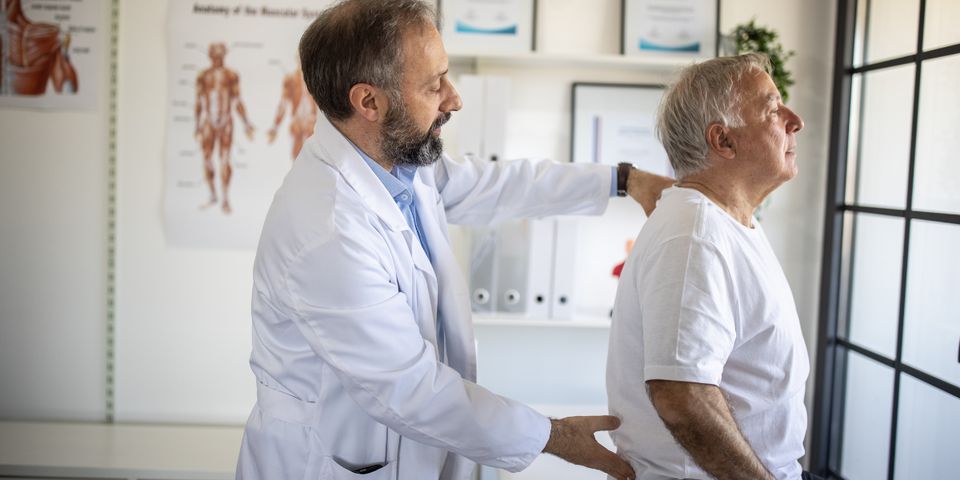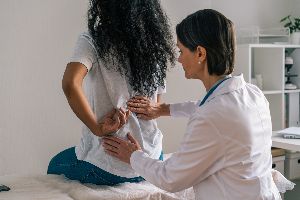What You Need to Know About Spinal Stenosis

Due to the sensitivity of the region, a wide variety of factors might contribute to back pain. One of the most frequent reasons is spinal stenosis. Understanding this illness is crucial for overcoming and preventing it in the future, whether you are just trying to put a name to your symptoms or a chiropractor has already advised remedies.
What Is Spinal Stenosis?
The spinal cord and nerve roots are protected within a tiny canal at the center of your spine. Squeezing of the nerves can occur when the canal narrows or pinches due to conditions such osteoarthritis, spondyloarthritis, spinal tumors, bulging or dehydrated discs, and thicker or inflammatory ligaments. As a result, strain is placed on the spinal column and the nerves that exit from it.
What Signs Should You Look for?

Spinal stenosis is a leading cause of chronic low back pain that may be accompanied by tingling, numbness, cramps, a lack of muscle control, or an overall feeling of weakness. Extreme discomfort in the legs and neck is also prevalent. Paralysis may develop to the point where walking is extremely challenging, if not impossible. It's also possible for bowel and bladder problems to arise.
Although anybody can have this issue, it occurs most frequently in women and those over the age of 50 who have experienced back injuries in the past. Some people have a higher hereditary risk for this because their spinal canals are abnormally narrow from birth.
How Is It Treated?
Symptoms can be treated with cortisone injections and NSAIDs such as ibuprofen, naproxen, and acetaminophen. These drugs, however, show their full efficacy only when coupled with physical therapy. Coordination can be restored with the help of a chiropractor or physical therapist, who will prescribe exercises to build strength in the back, legs, and arms. The capacity to walk with only mild lower back pain is another goal that can be achieved with therapy. Unfortunately, surgery may be required in extreme circumstances.
Spinal stenosis can only be managed; no cures exist. Taking care of your spine, though, might reduce the likelihood of this happening to you. Maintaining a strong and healthy spine can be achieved by regular exercise, spinal stretches, healthy eating habits, excellent posture, and visits to a chiropractor.
If you're struggling with back pain and think spinal stenosis may be to blame, turn to the professionals at Associates in Orthopedics & Sports Medicine in Dalton, GA. These reputable experts are proud to offer a broad range of treatment options designed to help you feel your best. Give them a call today at (706) 226-5533 or visit them online to learn more.
About the Business
(41 reviews)
Have a question? Ask the experts!
Send your question

